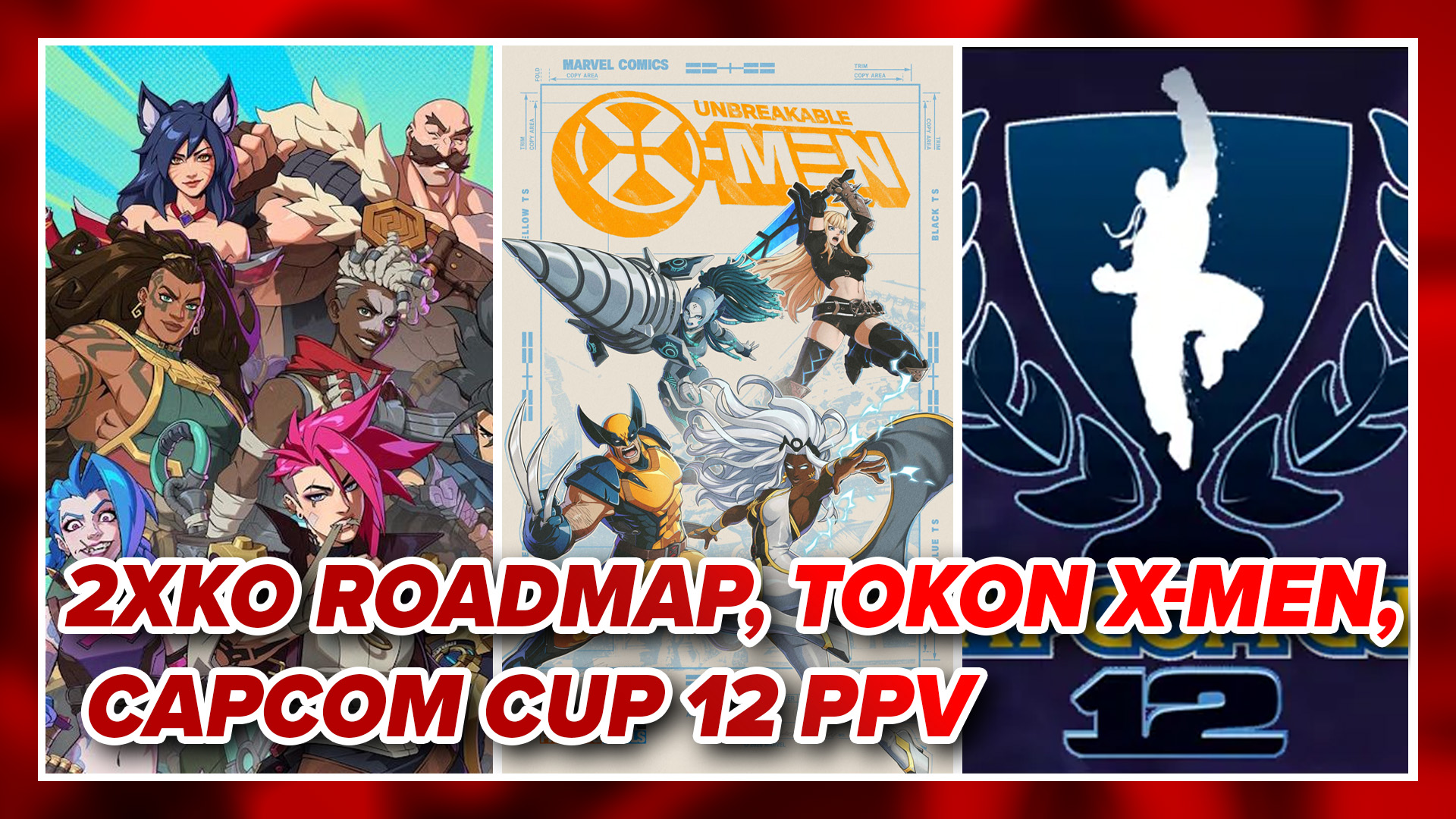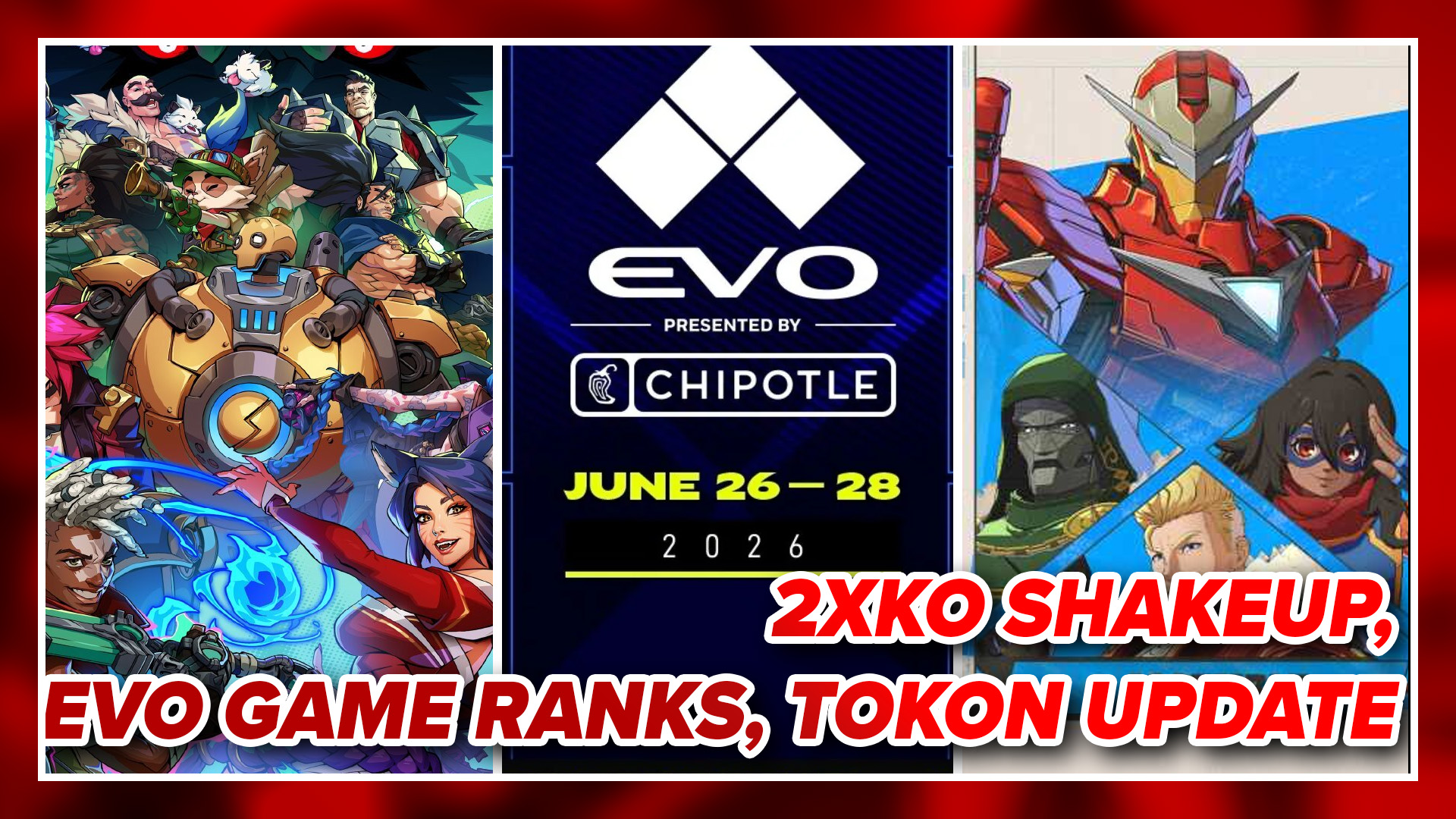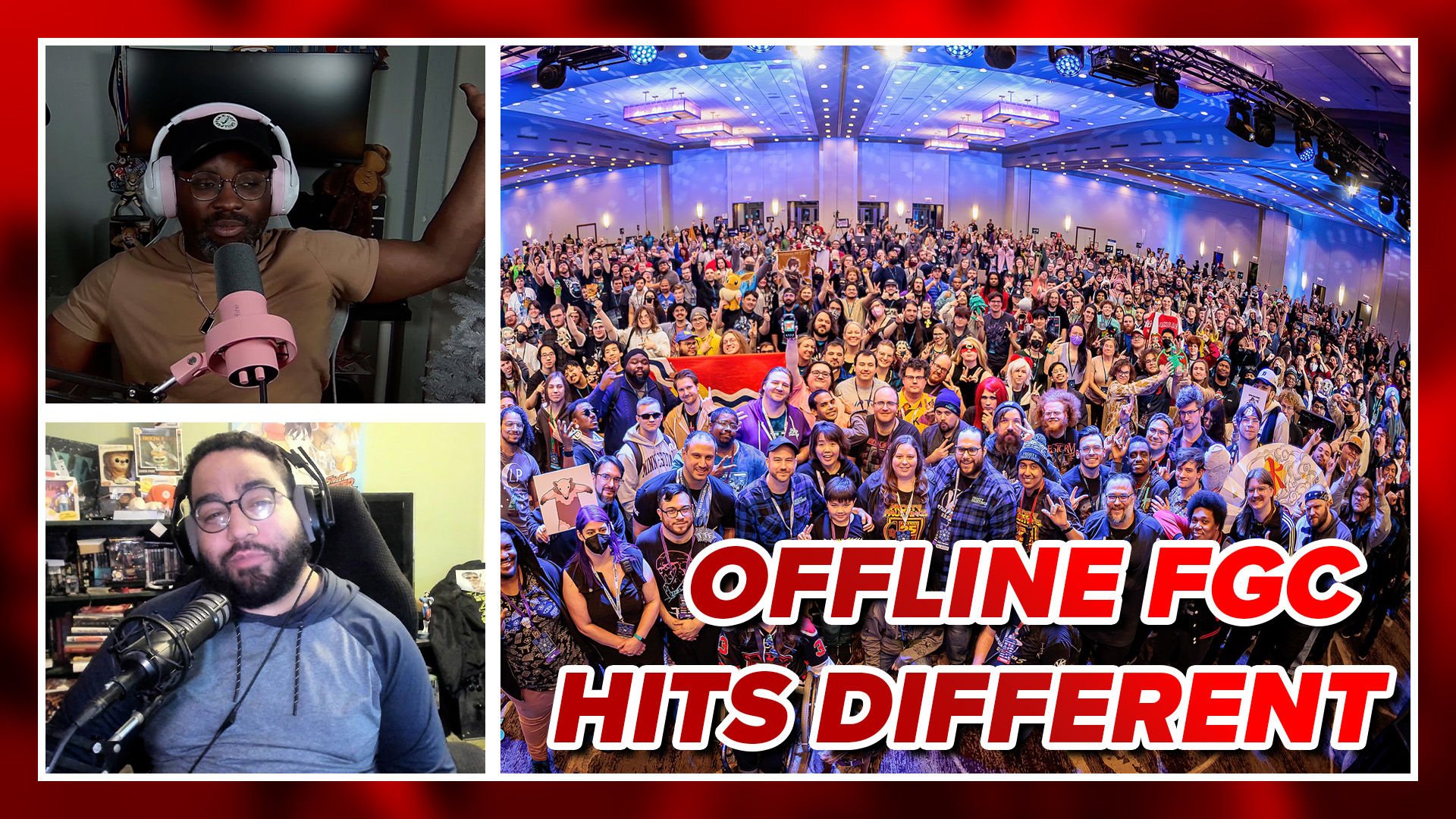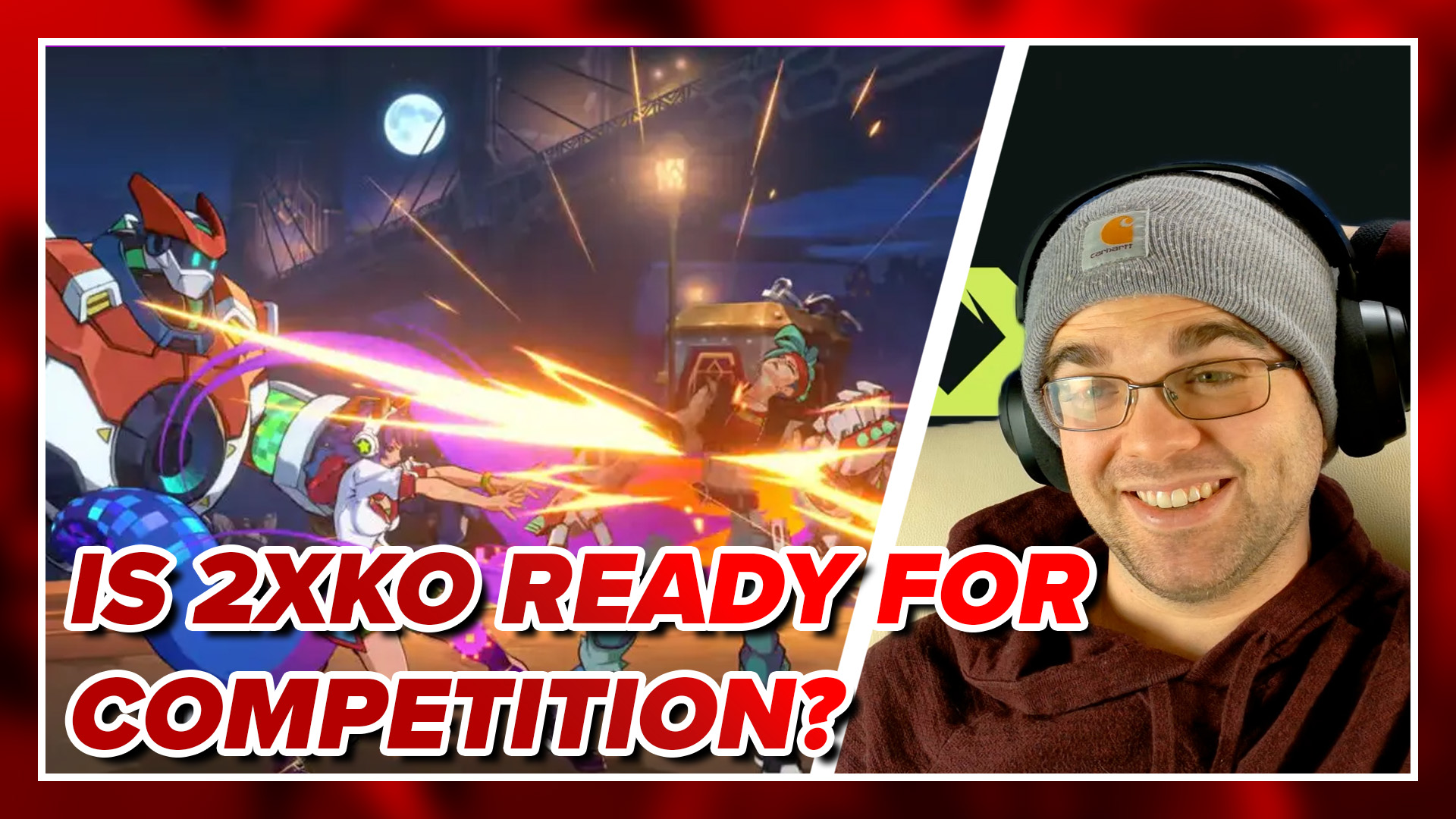
Sometimes game developers take on the task of turning something that is treasured by a group of people into a video game. Confrontation is based off the board game of the same name that came out in 2000 and has a cult following. Cyanide Studios is attempting to take this table-top game and turn it into a compelling top-down role playing game with a multiplayer aspect. Unfortunately, Confrontation is one of those games that you can’t wait to put down and be happy that you never have to pick back up again. There were some interesting ideas in Confrontation; however, they weren’t executed properly.
I found Confrontation‘s story pretty generic: nothing made me care about the land of Aarklash. There is a great war brewing between the four factions, one of which is fueled by an angry god. This faction decides to invade all the surrounding territories. At first it might sound interesting, but it gets dull pretty fast. The sad part is that the graphics and sound design are as lackluster as the story.
The graphics in Confrontation are rather bland and boring. The game has its own style that sets itself apart when it comes to art design, and all the paintings and characters artwork in menus and icons look cool. The problem is that the in-game graphics are not all that impressive. The character models look cool in their artwork, but the actual models are pretty simplistic. It’s a little disappointing because Aarklash and the characters could have been made into this great world to play in, but instead it left me bored.

The sound design is pretty generic and typical for what has come to be expected from a fantasy RPG. The music is so generic that it’s forgettable, so I substituted my iTunes playlist for the lackluster in-game soundtrack. The narrator telling the story sounds like he is trying too hard to make the story sound more epic than it actually is. While it might be cool at first, it gets cheesy and annoying after a while.
The game play calls back memories of Baldur’s Gate II top-down RPG elements and combat, but it doesn’t play nearly as well. During the main campaign you control a group of four that belong to one of the factions. Each character falls into a certain class such as Sorcerer or Warrior, and each has skills that represent what they are best at in combat. The problem is trying to control these characters.
The movement pathing of the characters can get rather annoying at times. They seem to take the worst path possible and move slowly at all times to get to where you want them to be. At times I had no idea why my character would be doing one action when I thought I had placed the order for him to do another. Often, my greatest enemies weren’t the bosses in the land Aarklash, but instead the controls. I felt a lot of my commands were not going through and I couldn’t trust the game to perform the actions I told it to.

Thank God there is a pause feature that allows the game play to freeze while players plan moves a couple steps ahead. I had to use this feature a lot to just make sure everyone was following the commands I gave. The controls were sluggish; without this feature the game would be unbearable. The moving and fighting can get frantic while controlling all the characters. The controls and abilities are able to be mapped to keys and you can cycle through each one your party members to give them direct orders. While it sounds easy, the controls always seemed to get in the way.
The way characters abilities are queued up is really frustrating, and a lot of commands got lost in the shuffle of trying to activate the right abilities at the right time . I tried to understand the complexity of the system because it’s supposed to allow players to queue up a sequence of commands, however the mechanic never seemed to work properly. I got by most of the time by constantly pausing the game and making sure everyone knew what they were doing. The pause is supposed to be used to plan strategies, but instead it’s used as a crutch to make sure the team is auto-attacking appropriately. This broke the flow of combat for me and it never became fun. Instead of pausing to make sure tactics were actually being planned out, I was pausing to make sure none of my units would screw up. This became tedious, frustrating, and made the game unpleasant.
Confrontation‘s multiplayer allows two players to pick a team of four characters based on one of the four factions, then duke it out in an arena. As you play more, characters within certain factions unlock. The problem is that the multiplayer is a little too chaotic and the control issues that bog the single player hurts the multiplayer even more.

Players are unable to pause a multiplayer match because it would break the flow of combat for both players. Since you can’t pause to plan actions out, the combat feels like a disorganized clutter, and it’s hard to tell what’s going on in the battle. This leaves the multiplayer mode feeling more frustrating than fun.
Where the game has great intentions and good ideas, it lacks the in the delivery. If the graphics were polished up a bit I think that it would look cool, but in the end the visuals are not impressive. The music is forgettable and boring to the point where I suggest people play the game on mute. The game play had potential, but it ended up being more frustrating than fun, and for $39.99 on Steam there are better options.




